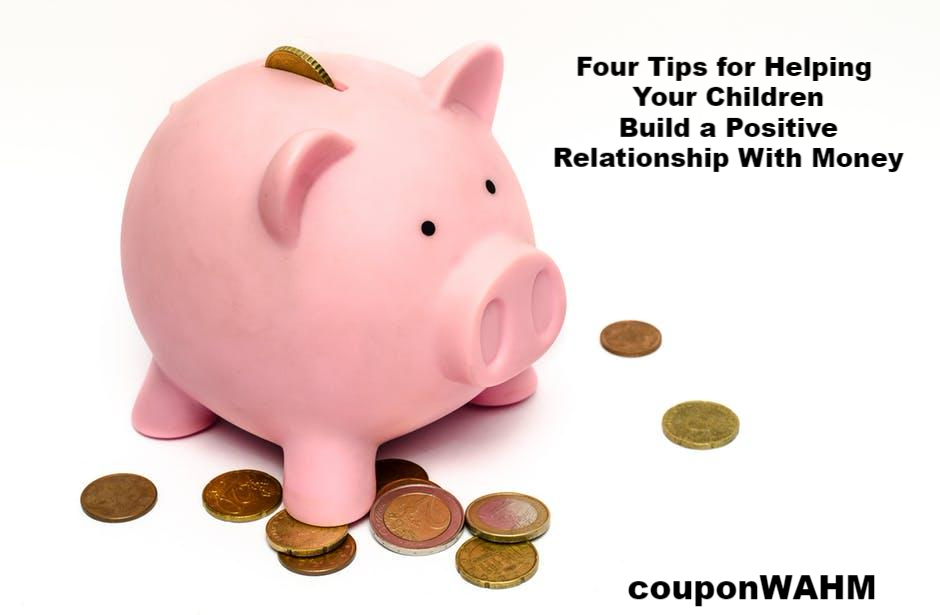Four Tips for Helping Your Children Build a Positive Relationship With Money
For most of us, money is a necessary evil. We never seem to have enough, especially since money management is more complex than it ever has been before. From the cash in your wallet to the money in your bank account, savings account, and retirement accounts to ATM fees, bills, and more, it’s no wonder we all feel a little lost!
Kids can really feel lost too, especially if they get ejected into the real world without a good education on money. Make sure they develop a positive relationship with money as they get older with these four tips.
Take Them With You to the Bank
It is important to share age-appropriate information with your children. You won’t want to talk to your four-year-old about car loans, for example, but no matter how old your children are, they can benefit from taking a trip with you to the bank.
They can see how transactions work, they can learn how to deposit checks, and the really young ones can learn what a bank actually is.
If you send money with a money transfer service, include them in the process as well. Talking about the fees associated with these kinds of services is a good learning opportunity for older kids.
Give Them an Allowance
It may be easier for you to give your child cash when they ask for it, but they aren’t learning anything by thinking that all you have to do is ask for money and you’ll get it. Even very young children can learn to work for their money when you give them an allowance.
A few chore ideas include:
- Taking out the garbage
- Setting the table for dinner
- Cleaning the bathroom
- Picking up their toys
Make Saving Money Visual
It’s always a good idea to teach children the benefits of saving, but the act of saving can seem a bit abstract. Numbers on a screen don’t mean much to young children.
Instead, use a clear glass jar to start saving money. Watching the jar fill up is a much more rewarding experience that will encourage them to save even more.
Learn to Say No
If setting up an allowance for your child is hard, learning to say no is even harder! However, saying no sometimes is extremely important, especially as it relates to money.
Money doesn’t have much value for children who get whatever they ask for. If you want your children to value a dollar, you have to be willing to tell them no, even if they’re having a meltdown in the middle of the toy aisle. Pair this technique with an allowance so your children learn to work for and buy their own stuff and they’ll grow up with a great attitude about money!
Don’t allow your children to develop a negative relationship with money because you didn’t put in the time to teach them about finances. With these tips, you can make sure your kids turn into adults who have a healthy relationship with money.

